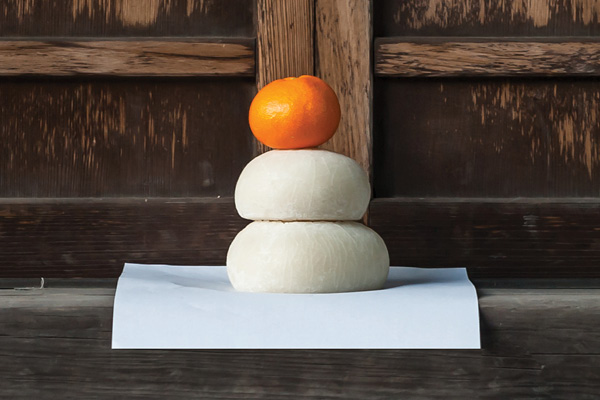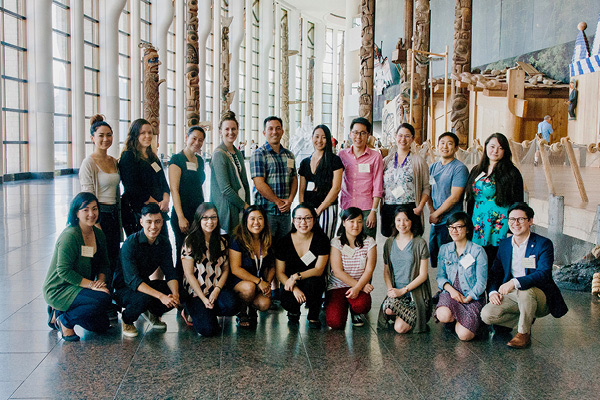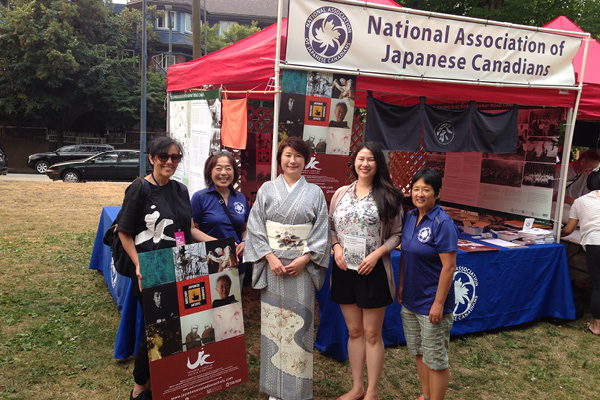“During the Second World War, Canada enacted mass displacement and dispossession of people on racial grounds, a collective moral failure that remains only partially addressed. Japanese Canadians lost their homes, farms, businesses, as well as personal, family, and communal possessions. Landscapes of Injustice is dedicated to recovering and grappling with this difficult past.” (from the Landscapes of Injustice home page)
Landscapes of Injustice is a seven year research project led by researchers at the University of Victoria in partnership with four other universities, and thirteen community organizations and museums across Canada including the Japanese Canadian Cultural Centre (Toronto), the Nikkei National Museum and Cultural Centre (Burnaby), The Japanese Language School and Hall (Vancouver) and the National Association of Japanese Canadians.
The project’s first annual Spring Institute was held in 2014. In October 2014 it issued a “Community Council Call for Nomination” encouraging established or emerging leaders from the Japanese Canadian community to apply. Applicants were asked to have a strong understanding and interest in the Japanese Canadian history and be able to provide a national perspective. Nine were chosen in November to be members of the Community Council in an advisory and guidance capacity ensuring that the project remained accountable to the Japanese Canadian community’s concerns.
Chosen were:
Sally Ito (Winnipeg)
Art Miki (Winnipeg)
Jennifer Matsunaga (Ottawa)
Ken Noma (Toronto)
Eiko Eby (Nanaimo)
Susanne Tabata (Vancouver)
Mary Kitagawa (Tsawwassen)
Tosh Kitagawa (Tsawwassen)
Vivian Rygnestad (Richmond)
Eight Community Council members participated in the second Spring Institute in Victoria from April 27 – 29, 2015. Jeffrey Masuda joined our group as a liaison from the project Advisory Board and as our facilitator. We listened to presentations from and joined in discussions with each of the six research groups: Land Title and Government Records, Oral History, Community Records and Directories, Legal History, Historical GIS, and Knowledge Mobilization.
The Community Council is thankful to Project Director Jordan Stanger-Ross and his team for the creation and support of the Council. We feel that we were taken seriously and learned from the insights of individuals, project leaders, and research teams. Our Council learned from each other as we discussed and debated. During the Institute we were able to voice our perspectives and concerns to all members of the Landscapes of Injustice team.
While acknowledging the academic freedom and integrity of the researchers, the Council remains committed to using our influence in ensuring that “the voice” of the Japanese Canadian community is not overlooked. We welcome your feedback and will continue to communicate with you. The Council believes strongly that the history, and the accomplishments of the Japanese Canadian community must be acknowledged, used, and respected for the internment is “our story” – its past, its present, and its future.
——————————————————————————————–
Landscapes of Injustice Spring Institute
Community Council
Summary of the Critique presented on April 29, 2015
The following are the main points from the Community Council’s summary report/critique presented on the final day:
1. Activism or Activist Scholarship? What processes might the project put into place while respecting the scholarly traditions of research? We ask that the project consider pointing the research into broader historic injustices in B.C.
2. Recognition and Respect: There is a long legacy of Japanese Canadian leadership and scholarship. We note that the legacy of the scholarly work and writings by Japanese Canadians in the past and present are missing or positioned at the periphery in the research. Also missing or on the periphery are Japanese Canadians in the governance structure of the project. We suggest that the research teams could communicate their messages more effectively if they learn and draw from those who endured the injustices, and from those who were leaders during the Redress movement.
We encourage researchers to acknowledge that their material builds on the legacy of prior and present work by Japanese Canadians scholars. This is particularly important to counter perceptions that the research is being done by “outsiders” who are ignoring the totality of Japanese Canadian history, identity and politics. The Community Council offers to help the researchers understand the importance, complexity, and ethics of this task.
3. Lexicon and Baseline Knowledge: We ask all project members to be aware of language used. e.g. the majority of those forcibly removed and dispossessed were Canadians/Japanese Canadians – not “the Japanese”. The Community Council and NAJC will on request assemble and provide materials to enhance essential knowledge of terminology and Japanese Canadian history for all involved in the project.
4. Ethics and Oral Histories: We ask for a clearer accounting of the ethical consequences of the oral histories given during interviews. We are concerned that those interviewed may naively reveal stories that they do not want made public. What will happen to the personal stories after the research is completed? One of the goals of this project is to “tell the story” of Japanese Canadian internment through travelling museum exhibits, and to the public in diverse venues. How will their stories be used and respected? Could they be edited? Who will own the stories? Will the Japanese Canadian community have a voice in the subsequent use of the research?
5. Communication and Feedback: The Community Council feels it needs a better picture of the ongoing research in order to fulfill our role. We ask for communication that would allow us to effectively prepare for the annual Institutes.
6. Mentorship and Legacy: We ask that the students assisting in the research be chosen for their interests in Japanese Canadian history specifically and in social justice generally. We have a long history of challenges in building academic interest in Japanese Canadian studies within our community. We ask that both Japanese Canadian and non-Japanese Canadian students be encouraged to build their careers in this area in order to continue the legacy of our JC history and community.
7. Teamwork in Research: A concern from the Community Council is that research teams are not connected or communicating with each other. While the academic integrity of the research is not our purview, this leads to the concern of the overall missing “voice” and the integration of the Japanese Canadian community in the research.
8. Public Education: We suggest that the education aspect of the project begins immediately. Given that the public is already becoming aware of the project, a carefully developed, integrated, and ethical plan for public communication, display and dissemination of the research, and education in schools must begin immediately.



